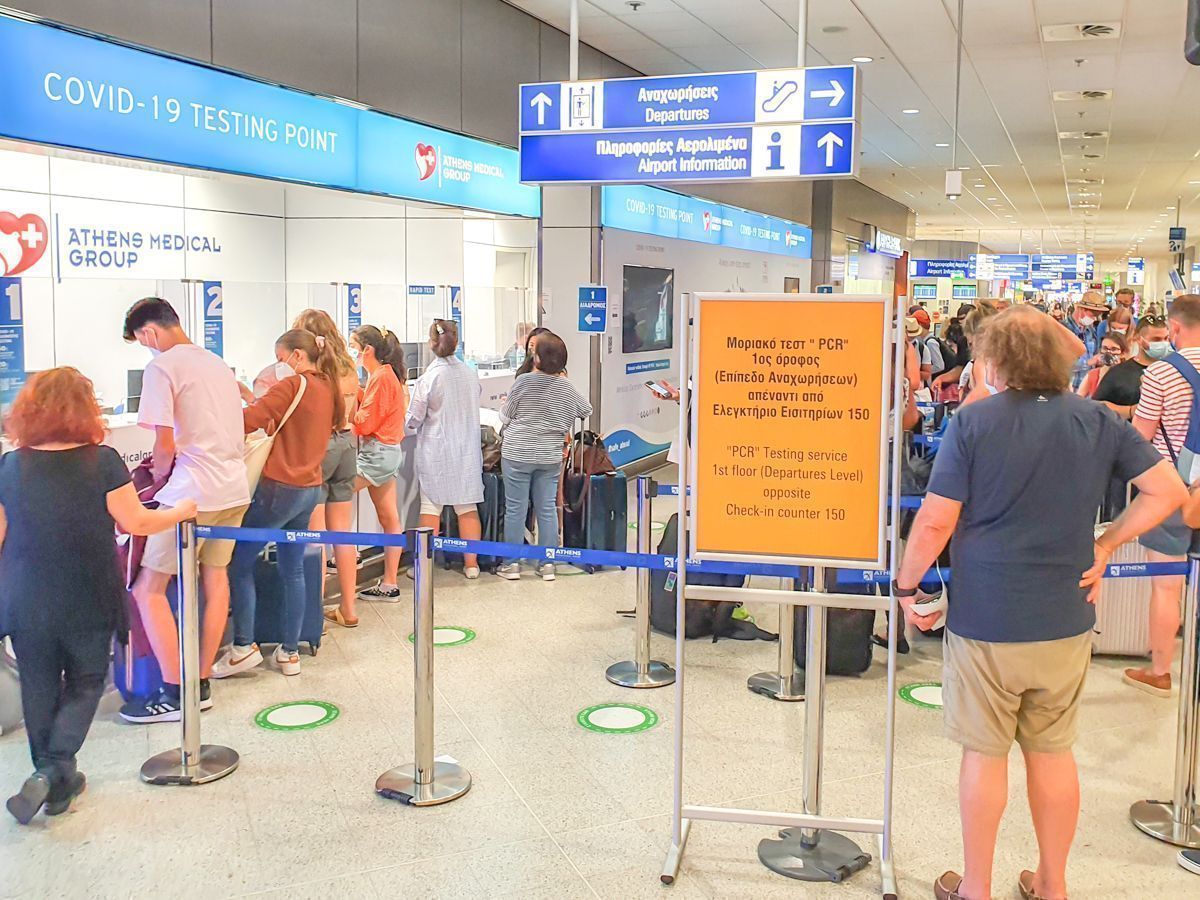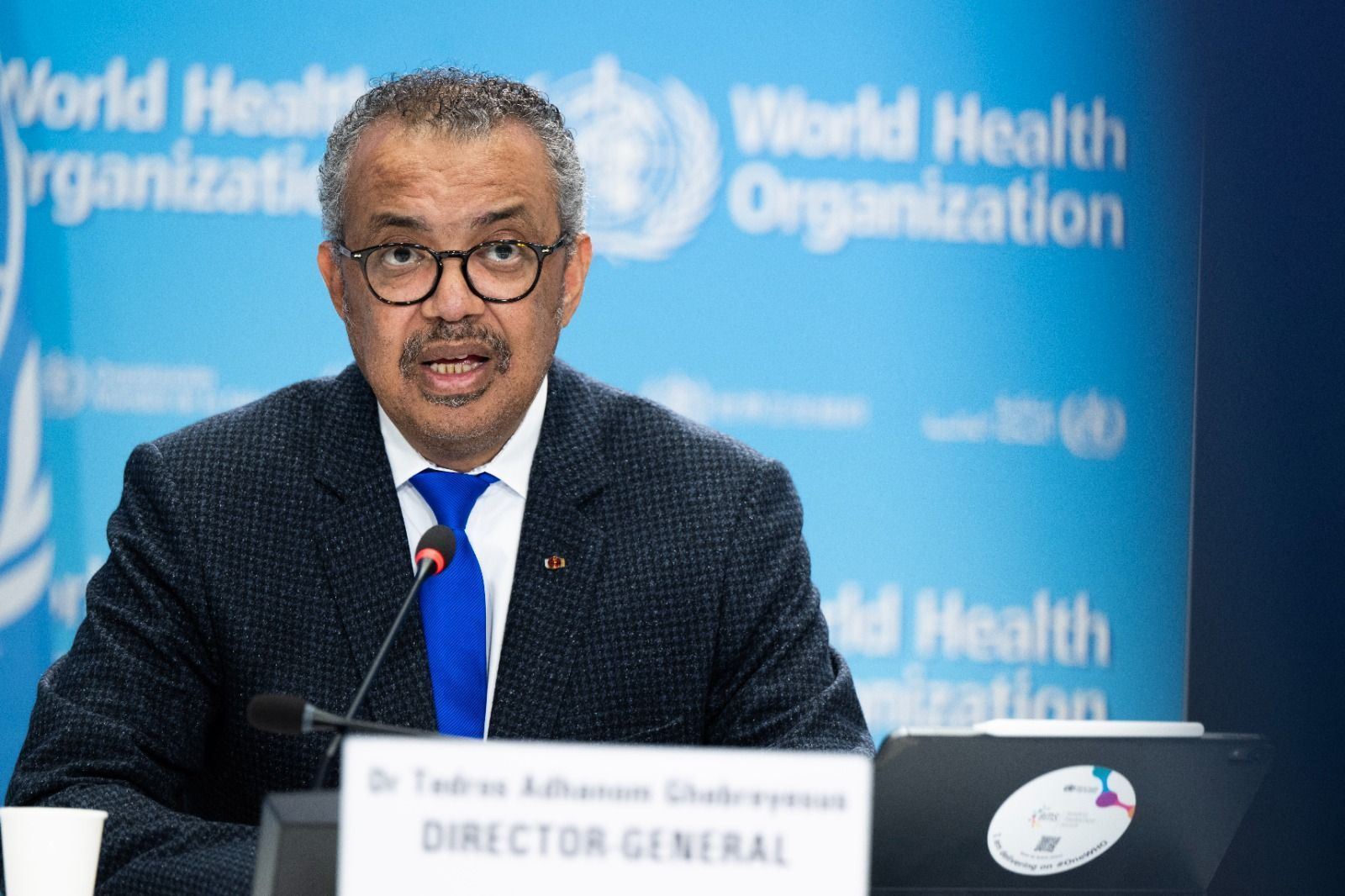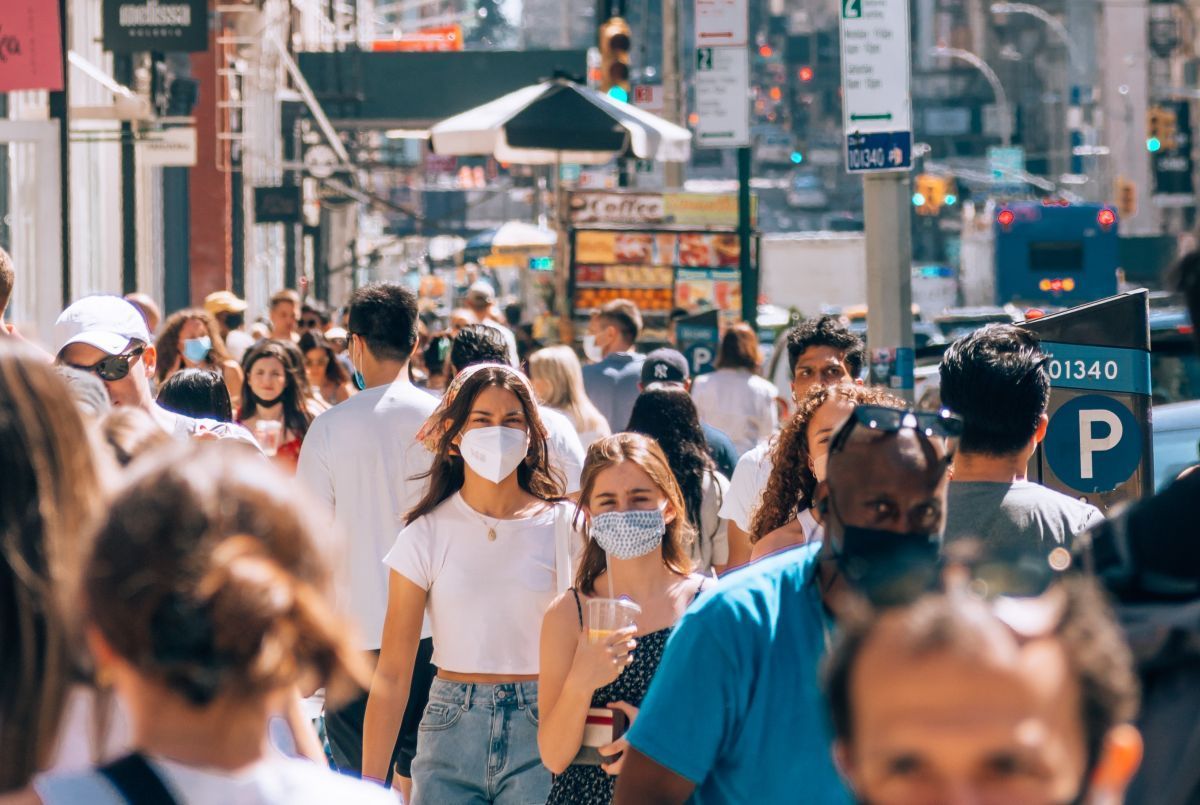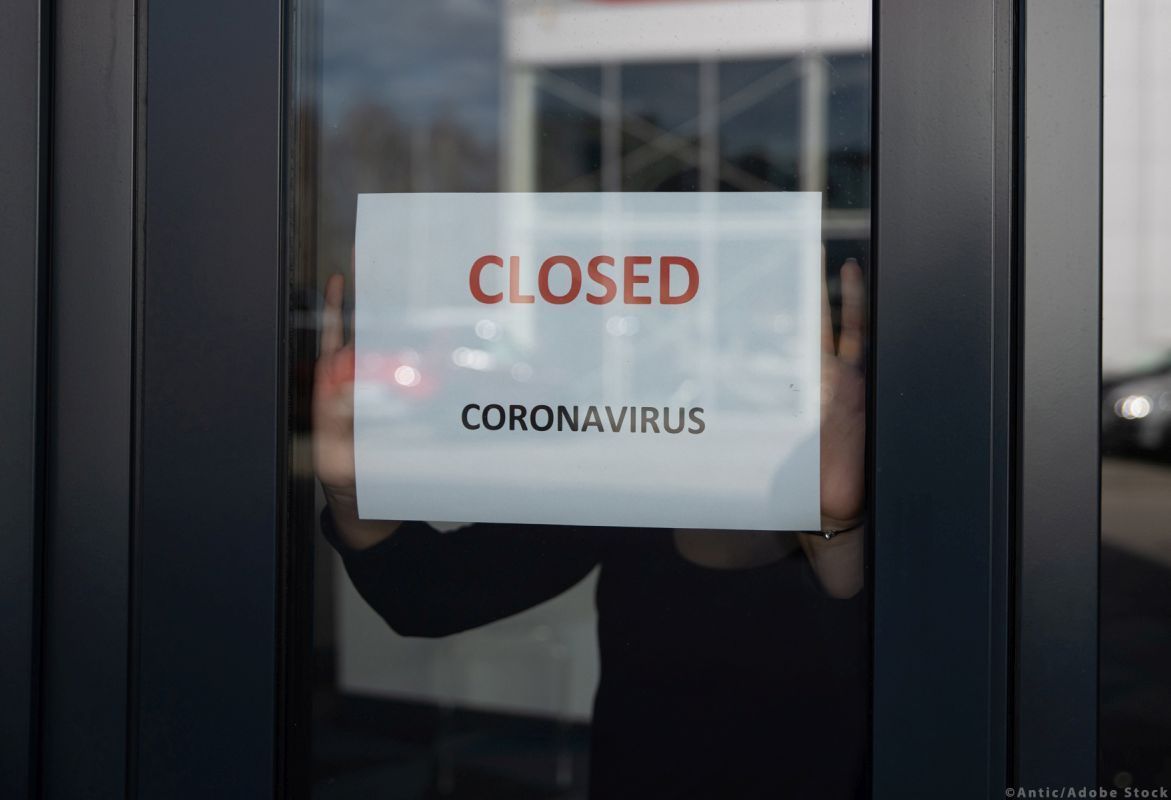WHO: Covid-19 is No Longer a Global Health Emergency
Covid-19 is now an established and ongoing health issue which no longer constitutes a public health emergency of international concern (PHEIC), the World Health Organization (WHO) announced on Friday.
In a statement, Director-General Tedros Adhanom Ghebreyesus said that for more than a year, the Covid-19 (coronavirus) pandemic has been on a downward trend, with population immunity increasing from vaccination and infection, mortality decreasing and the pressure on health systems easing.
“I declare Covid-19 over as a global health emergency,” Ghebreyesus said, following the recommendation of the Emergency Committee.
According to the Emergency Committee, while the global risk assessment remains high, there is evidence of reducing risks to human health driven mainly by high population-level immunity from infection, vaccination, or both; consistent virulence of currently circulating SARS-CoV-2 Omicron sub-lineages compared to previously circulating Omicron sub-lineages; and improved clinical case management.
“These factors have contributed to a significant global decline in the weekly number of Covid-19 related deaths, hospitalizations, and admissions to intensive care units since the beginning of the pandemic. While SARS-CoV-2 continues to evolve, the currently circulating variants do not appear to be associated with increased severity, the WHO said”
‘COVID-19 is not over… This virus is here to stay’
However, WHO’s director general added that Covid-19 is not over and that it is still a global health threat.
“This virus is here to stay. It is still killing, and it’s still changing. The risk remains of new variants emerging that cause new surges in cases and deaths,” Ghebreyesus said.
With Ghebreyesus’ announcement the Emergency Committee will now cease its work.
“If need be, I will not hesitate to convene another Emergency Committee should Covid-19 once again put our world in peril,” Ghebreyesus stressed.
It is reminded that Covid-19 was declared a pandemic by the WHO on March 11, 2020, causing a spiral of lockdowns and travel restrictions around the world.
“In the three years since then, Covid-19 has turned our world upside down,” Ghebreyesus said, adding that although almost 7 million Covid-related deaths have been reported to WHO, “we know the toll is several times higher – at least 20 million”.
During the pandemic, health systems were severely disrupted, with millions of people missing out on essential health services, including lifesaving vaccinations for children.

A facility for diagnostic tests for SARS-COV-2 (Covid-19) at the premises of Athens International Airport (AIA) in Greece.
But besides a health crisis, Covid-19 caused severe economic upheaval, erasing trillions from GDP, disrupting travel and trade, shuttering businesses, and plunging millions into poverty.
“It has caused severe social upheaval, with borders closed, movement restricted, schools shut and millions of people experiencing loneliness, isolation, anxiety and depression,” Ghebreyesus said.
The WHO’s director general said that Covid-19 exposed and exacerbated political fault lines, within and between nations.
“It has eroded trust between people, governments and institutions, fuelled by a torrent of mis- and disinformation,” he said.
‘It didn’t have to be this way’
Moreover, Ghebreyesus said that one of the greatest tragedies of Covid-19 is that “it didn’t have to be this way”, adding that “we have the tools and the technologies” to prepare for pandemics better, to detect them earlier, to respond to them faster, and to mitigate their impact”.
According to Ghebreyesus, globally, a lack of coordination, a lack of equity and a lack of solidarity “meant that those tools were not used” as effectively as they could have been.
“Lives were lost that should not have been… We must promise ourselves and our children and grandchildren that we will never make those mistakes again,” he said.








